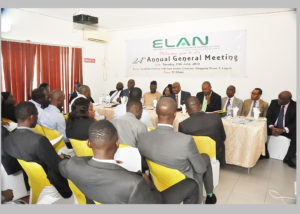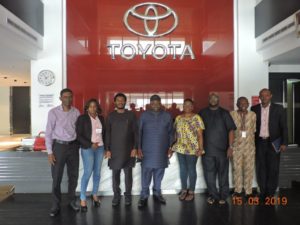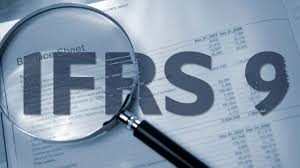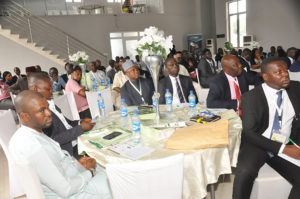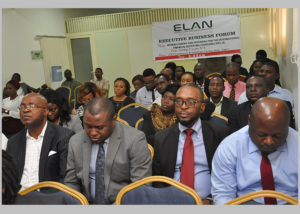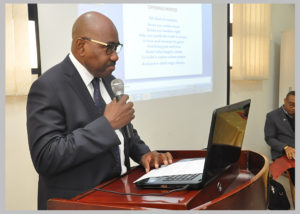CHAIRMAN STATEMENT AT 24TH ANNUAL GENERAL MEETING
Dear Members, I am very delighted to welcome you to the 24thAnnual General Meeting of our Association and to present to you the Financial Statements and Reports for the year ended 31stDecember 2018. Business Environment Generally, the Nigerian economy recorded improvements in the area of growth, price and exchange rate stability as well as fiscal stability. Macroeconomic conditions recorded modest improvement as real growth in GDP rose to 1.93% in 2018 from 0.82% in 2017. The exchange rate remained…

